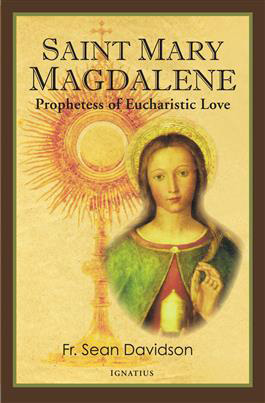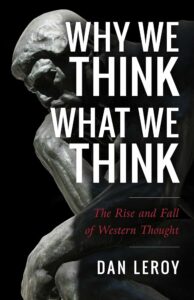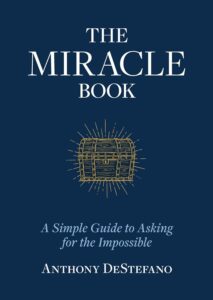Podcast: Play in new window | Download (Duration: 43:34 — 30.0MB) | Embed
Subscribe: Apple Podcasts | Spotify | Amazon Music | Android | Pandora | iHeartRadio | JioSaavn | Podchaser | Gaana | Podcast Index | Email | TuneIn | Deezer | Anghami | RSS | More
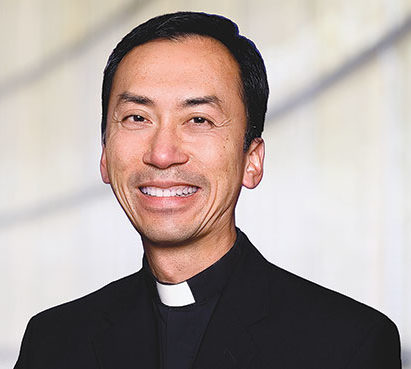
Fr. Quan Tran – The Imitation of Mary on Inside the Pages with Kris McGregor
Fr. Quan Tran joins Kris McGregor to discuss his book The Imitation of Mary: Keys to Growth in Virtue and Grace and his ministry, Fullness of Grace. Drawing on Scripture and the saints, he distills twelve Marian qualities—beginning with humility and confidence in God—and shows how grace always invites a free, active response. Each chapter ends with short, concrete practices so the teaching becomes lived: conforming our will to God’s, cultivating sacrificial love (Aquinas’ “to will the good of the other,” elevated to agape), practicing self-forgetfulness and acceptance, and removing everyday obstacles to holiness (phone habits, unguarded media, poor boundaries). He urges steady prayer and deep union with the Lord, noting that the fruits of the sacraments—especially the Eucharist and Confession—depend partly on our interior disposition.
Fr. Tran presents Mary as mother and model who faced real trials yet responded with a continual “yes.” He addresses hesitation about Marian devotion by returning to Christ’s gift of His Mother and to her role in leading us closer to Him. The book, suitable for personal use or group study, synthesizes classic spiritual themes—abandonment to Providence, docility to God’s will—into a practical path for daily growth in holiness, one intentional choice at a time.
You can find the book here.
Discerning Hearts Reflection Questions
- Where is pride subtly shaping my choices, and what concrete act of hidden humility could I do today?
- In what situation do I need to place fresh confidence in God rather than in my own plans?
- How am I practically living Mary’s counsel to “do whatever He tells you” in this season?
- What grace might be “passing by my door” because I’m not responding promptly or wholeheartedly?
- Where can I practice love as sacrifice—giving up time, comfort, or preference for another’s true good?
- When have I chosen self-forgetfulness over self-focus this week, and what did it free in me?
- Can I accept being unappreciated for doing good, entrusting the outcome to God?
- How attentive and reverent is my disposition at Mass and Confession, and how could I prepare better?
- What small, specific step would deepen my daily prayer and union with the Lord?
About the Book
“Our Lord is constantly pouring out graces upon mankind, yet only a few — those closest to His heart — know how to receive them. Sadly, countless graces are left unclaimed (likely many by you!) and are thus never allowed to further God’s will on earth.
How different our lives would be if we accessed God’s grace more intentionally!
Thankfully, God in His compassion gave us a perfect model for disposing ourselves to His graces and responding to them: the Blessed Virgin Mary.
In The Imitation of Mary, Fr. Quan Tran shows you how to imitate the twelve essential qualities of Mary in order to unleash a torrent of graces in your life. He explains that, like any gift, grace must be received, opened, and used. As you learn how, you’ll begin to acquire the temperaments, dispositions, and qualities that are most pleasing to God — and you’ll serve as a channel of God’s grace for others.
You’ll also learn:
- The three major obstacles to living a life of faith
- What to do if you experience a crisis of faith
- The four levels of happiness — and how to acquire them
- How it’s possible for you to merit an increase in graces
- Seven ways you can cultivate a rich devotion to Our Lady
- The difference between sanctifying grace and actual grace
- The four effects that grace will have on your soul”
About the Author
Fr. Quan Tran is a Roman Catholic priest for the Diocese of Orange in California. Father Tran is currently a Parochial Vicar at St. Bonaventure parish in Huntington Beach. He is also the Secretary to the Pastoral Provision for Bishop Kevin Vann.

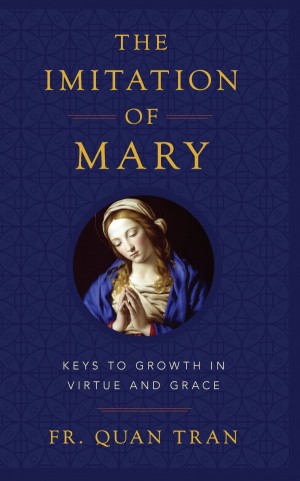
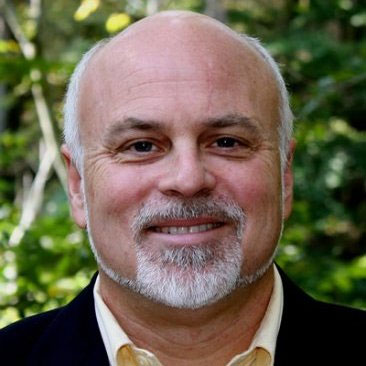
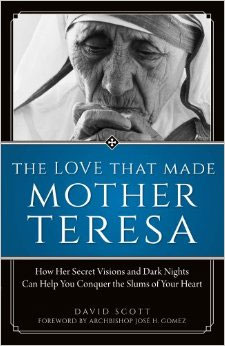

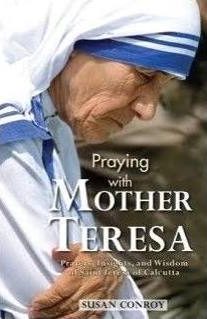
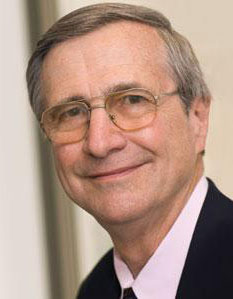
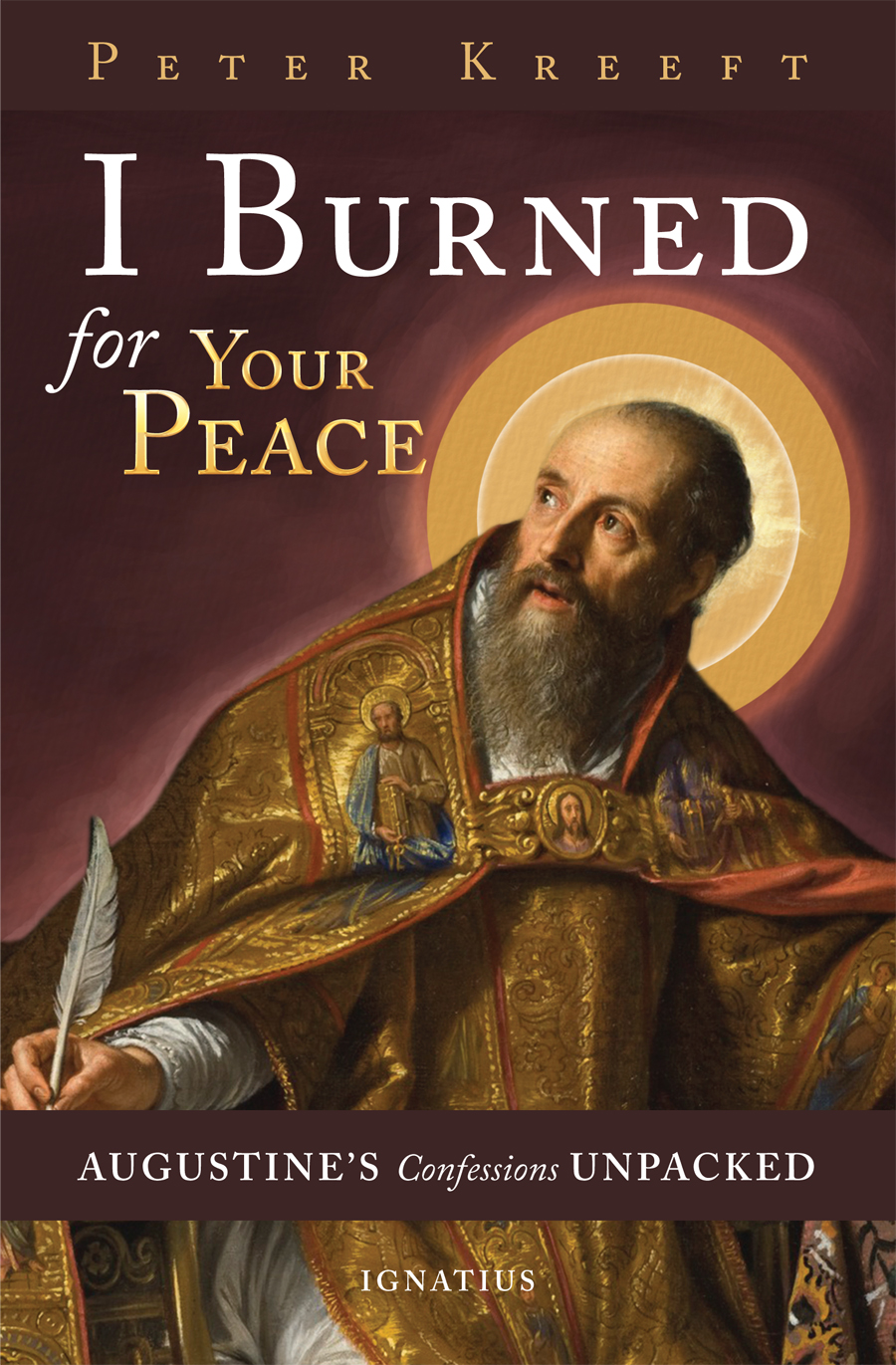
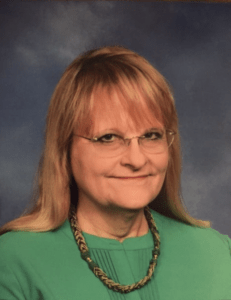
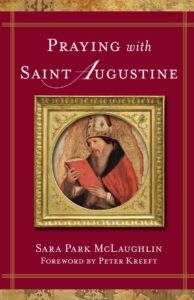

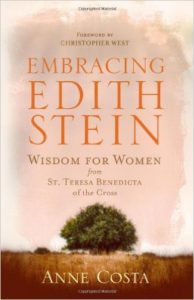


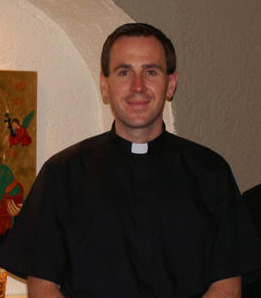 Fr. Sean Davidson – Saint Mary Magdalene on Inside the Pages with Kris McGregor
Fr. Sean Davidson – Saint Mary Magdalene on Inside the Pages with Kris McGregor